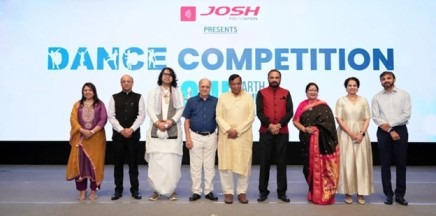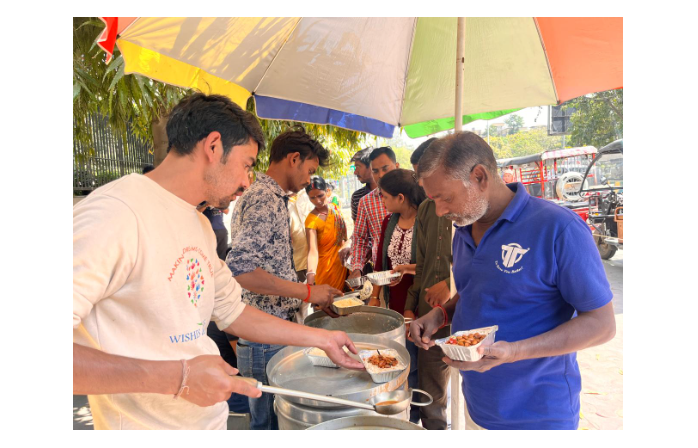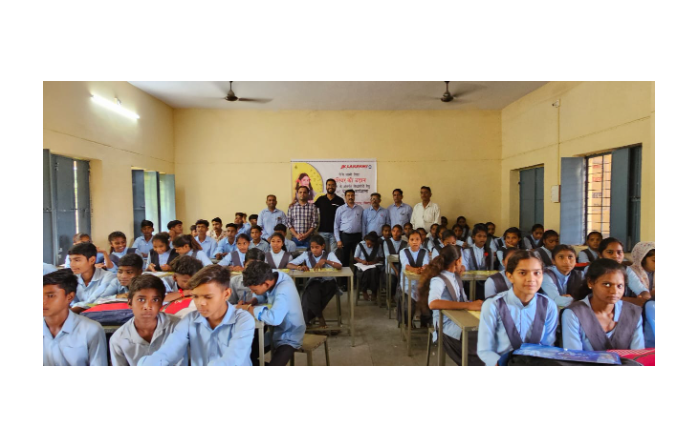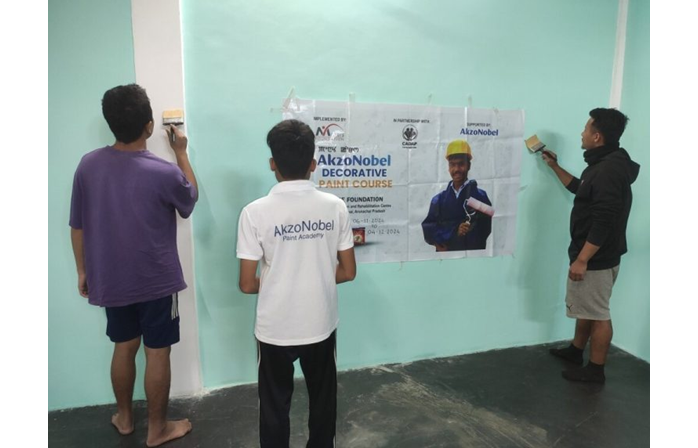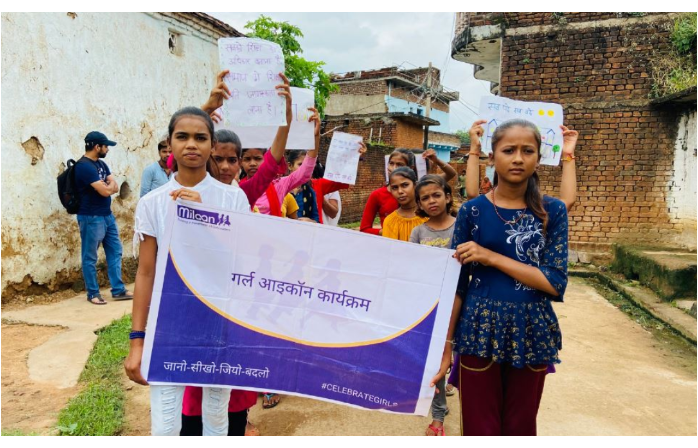Reviving Dreams: Transforming Defunct SHGs into Thriving Micro-Enterprises
By- Bansidhar and Ila Panda Foundation (BIPF)
February 6, 2025
Bansidhar and Ila Panda Foundation (BIPF)
Self-Help Groups (SHGs) have long been a path to financial independence for rural women in India. Yet, behind every success story lies another story of struggle — groups that once came together with a purpose often dissolve after achieving their initial goal, or due to a lack of earning opportunities, training, or internal disputes, leaving members uncertain about their futures.
In Odisha, the Bansidhar and Ila Panda Foundation (BIPF) identified this as a moment to make a meaningful difference and launched Project Unnati to revitalise dormant SHGs. By providing them with a renewed vision and purpose that addresses real challenges, the initiative empowers women to rebuild and transform their groups into thriving micro-enterprises.
When Parvati Dehuri’s SHG stopped meeting, the challenges seemed insurmountable. “We didn’t know how to manage finances, and when conflicts arose, we stopped meeting,” she recalls.
The situation is common for defunct SHGS: without long-term goals and the required skills like financial literacy, market access, or structured guidance, many SHGs struggle to sustain themselves. For women like Parvati, this often means returning to unreliable or poorly paid work.
That’s where programs like Unnati step in. The initiative begins by engaging with local defunct groups, identifying dormant SHGs, understanding the reason behind the fallout, and analysing the situation to co-create customised training plans. Over a structured three-year program, women receive comprehensive training across 15 modules, covering key skills such as group management, conflict resolution, bookkeeping, and more. The program also focuses on health, hygiene, and nutrition, ensuring a holistic approach to empowerment through entrepreneurship.
The initiative emphasizes using local resources and focuses on both traditional and contemporary methods to create lasting livelihoods. Women are trained in agricultural techniques such as systematic rice intensification (SRI), millet cultivation, and vegetable farming, which help boost productivity and diversify income streams. For women seeking alternatives to farming, Project Unnati introduces non-agricultural skills like tailoring, beautician training, and food processing.
Just a few years ago, Kaushalya Devi, a member of the Jai Jagannath SHG, had no income of her own. Today, the phenyl they make is in demand. “I sell phenyl to Anganwadis, schools, colleges, hospitals, and within the village,” she says with pride. “On average, we sell nearly 1,500 bottles a month and earn a profit of Rs. 30,000. Now, I take care of my family and ensure my child gets a good education.”
For Sanjukta, a member of Maa Santoshi SHG, hope came in the form of mushroom farming. “We started with just a few beds after BIPF’s training,” she says. “Now, I earn INR 5,000 a month, which helps me pay for my children’s school fees. Along with income, I have gained the confidence that I haven’t experienced before.”
Collaborations amplify the impact. Partners like NABARD and the Odisha Livelihood Mission (OLM) provide financial guidance, while technical institutions like RSETI and Krishi Vigyan Kendra (KVK) offer certifications, making it easier for SHG members to enter formal markets. Women involved in livestock farming also receive support through veterinary camps, ensuring healthier animals and higher returns.
The Ripple Effect
Since its launch, Project Unnati has revitalized over 350 SHGs, directly impacting 3800+ women across Odisha. Many SHG members have doubled or tripled their incomes, but the real impact lies in the ripple effect they create.
“When we restarted, I didn’t just gain money—I gained belief in myself,” Sasmita Behera from RadhaKrishna SHG says. “Now, other women as well as SHGs in the village come to us for advice. We help them start their own groups.”
Susama, another beneficiary from Maa Bhagabati SHG echoes this sentiment. “When women in our village see what we’ve achieved, they ask how they can join or start their own groups.”
These efforts not only strengthen the financial stability of individual families but also foster a sense of community resilience, mutual support and real empowerment.
Looking ahead, BIPF aims to expand Project Unnati to new districts, equipping SHGs with training on new products and diversified skills to broaden their opportunities. To help women adapt to evolving challenges, the program is introducing climate-resilient agricultural practices and digital financial tools, enabling them to manage their earnings more efficiently, sustain their livelihoods, and avoid redundancy.
Source
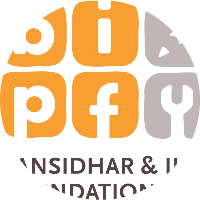
Bansidhar & Ila Panda Foundation (BIPF) was established in 2011 as the social development arm of Indian Metals and Ferro Alloys Limited (IMFA).
© Renalysis Consultants Pvt Ltd


